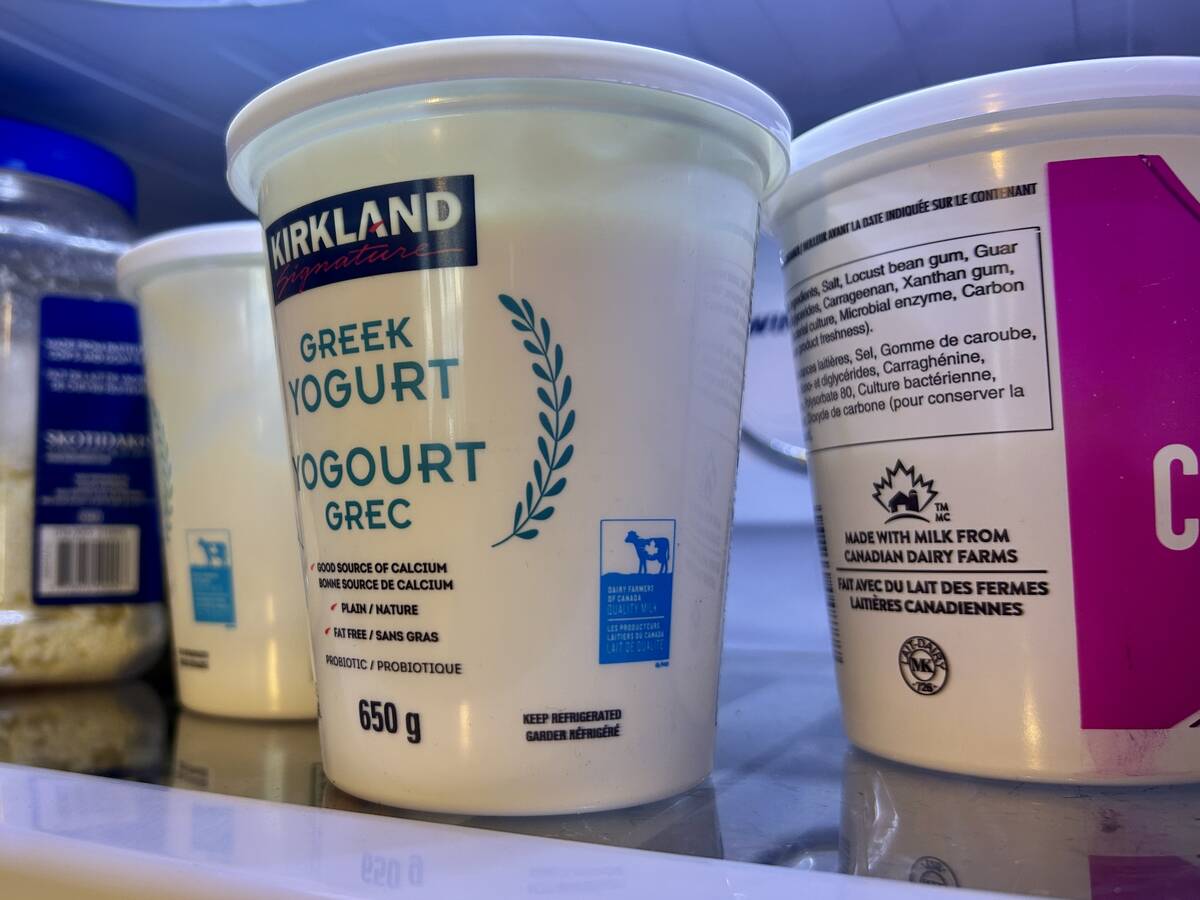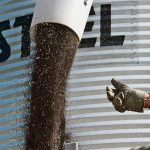Glacier FarmMedia – Manitoba’s agriculture community will be directly impacted by the newly-imposed U.S. tariffs, and Keystone Agricultural Producers is making a plea to provincial and federal governments to step up and support agriculture producers who will bear the brunt of it.
“Today’s imposition of tariffs on Canadian goods entering the U.S. will do nothing but harm farmers and consumers on both sides of the border,” said KAP president Jill Verwey.
“We oppose these trade actions that impede the free flow of goods between our two nations in the strongest of terms.”
Read Also

Big changes ahead for dairy market
Dairy consumers put bigger eyes on protein, while CUSMA review looms large for Canada’s dairy farmers
The tariffs threaten a significant portion of Manitoba’s agri-food exports, which totalled $9.28 billion in 2024, with 46 per cent destined for the U.S.
Key exports such as canola, pork, potatoes and oats are now subject to the hefty tariff, potentially disrupting established trade flows.
“Manitoba farmers produce world-class agricultural products, and our trading partners in the U.S. know this, despite the actions their federal government are taking that will disrupt their ability to access Manitoba products at an affordable price,” stated Colin Hornby, KAP general manager.
KAP warns that the tariffs will not only increase costs for Manitoba farmers and jeopardize their operations but also drive up food prices for American consumers.
“These tariffs will not only add costs and threaten Manitoba farmers’ ability to operate, but will impact the livelihoods and purchasing power of countless individuals and businesses on both sides of the border, resulting in increased food costs for U.S. consumers,” Hornby said.
The organization pointed out the irony of the tariffs, given the long-standing economic prosperity enjoyed by North America through free trade agreements like the North American Free Trade Agreement and the Canada-U.S.-Mexico Agreement.
“Canada and the U.S. have a long, prosperous and mutually beneficial trading relationship that should continue uninterrupted for the benefit of North America’s prosperity,” Verwey said.
In response to the tariffs, KAP has developed a series of recommendations for the provincial and federal governments to mitigate the impact on Manitoba farmers:
Provincial government
• Expediting permitting processes for value-added production.
• Collaborating with other Prairie provinces to leverage shared resources.
• Removing the PST on fuel for trucking agricultural products.
Federal government
• Increasing investments in local demand and value-added capacity.
• Expanding global market diversification efforts.
• Improving business risk management programs such as AgriStability.
• Ensuring tariff revenue is distributed appropriately.
• Providing farmers with access to capital through existing programs and increasing interest-free limits.
“KAP has worked closely with our individual farmer and commodity group members, exporters, transportation sector, trade experts, grain handlers and crop input companies to understand the full scope of tariff impacts on Manitoba agriculture,” Hornby said.















